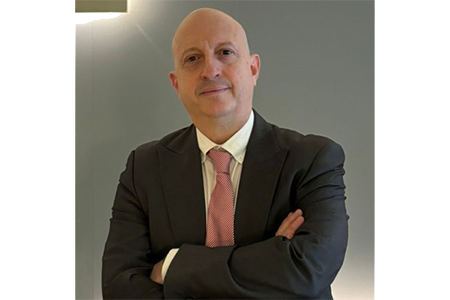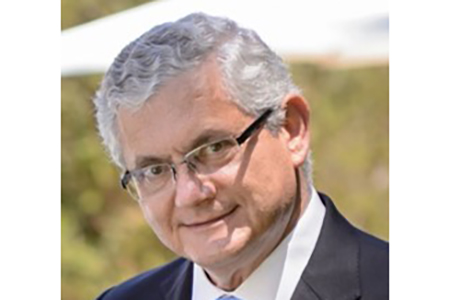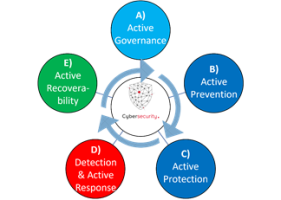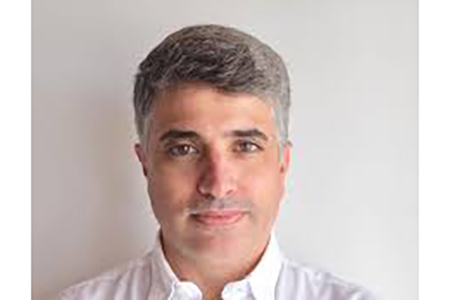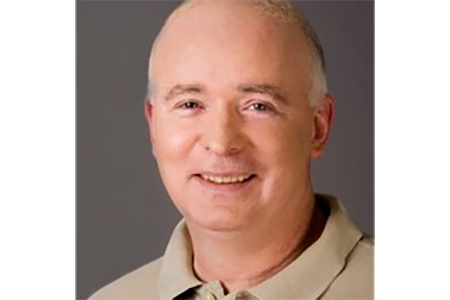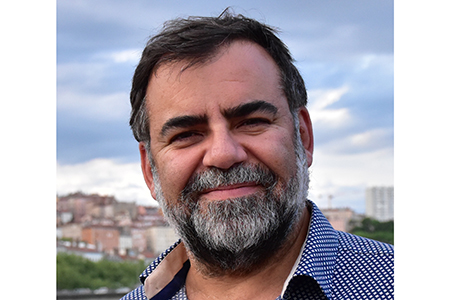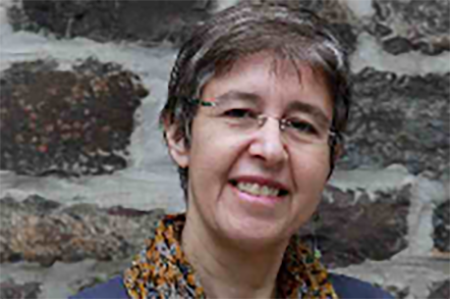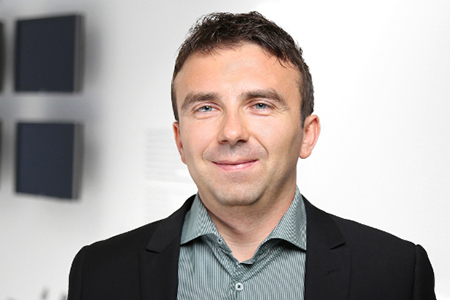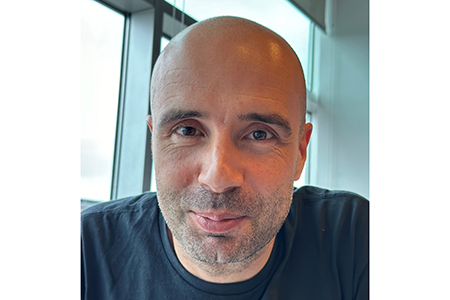The talk “Towards Industry and Operator 5.0: Challenges and Opportunities“ will be presented January 24th, at 15:00, room B011, moderated by Gil Gonçalves (DEI).
Abstract:
“Built on the pillars of human-centricity and resilience, Industry 5.0 is focused on fostering the industry towards a new paradigm that not only remains within economic boundaries but also actively contributes to well-being and sustainability. The adoption of Industry 5.0 principles is just at the beginning phase in Europe, where the paradigm is transitioning from awareness and methods development to implementation including the Operator 5.0. In this conference, the industrial human needs, human factors and potential future applications are analysed, exploring the links with cyber-physical human systems and enabling technologies. The initiative of Community of Practice of Industry 5.0 (CoP Industry 5.0, European Commission) is also presented. Transitioning from Operator 4.0 to Operator 5.0 involves advancing beyond the integration of digital technologies into fostering a more human-centric, intelligent, and resilient workforce in smart manufacturing environments. Key related issues with Operator 5.0 will be also discussed.”
About the Speaker:
Rodolfo Haber received the Ph.D. degree in Industrial Engineering from the Universidad Politécnica de Madrid, Spain, in 1999. Researcher of the Spanish Council for Scientific Research (CSIC) since 2006. From 2020-24, he has been Director of the Center for Automation and Robotics of the Spanish Council for Scientific Research (CSIC) and Polytechnic University of Madrid (UPM). He has authored 3 books, 14 patents, 1 trade secret, 21 book chapters, and dozen of articles in indexed journals and conference papers (h-index:42). He has been co-founder of the starts-up Kinequo S.L. (2015), Xymbot Digital Solutions S.L. (2020) and Invofox SL (2022). Since 2002, he has belonged to the IFAC’s TC3.1/5.1 Computers for Control/Manufacturing Plant Control of IFAC, ASME TC Model Identification and Intelligent Systems and IEEE IES TC on Industrial Cyber-Physical Systems. He is member of the Editorial Board of several journals, editing nowadays a Collection Topic “Smart manufacturing systems and industry 4.0
Technologies” (Scientific Reports, Nature Portfolio). He represents CSIC in “Data, AI and Robotics (DAIRO)” EU Association and he is member of Industry 5.0 Community of Practice Initiative (European Commission). His main research activities are focused on cyber-physical systems, Internet-of-Everything, intelligent systems, modelling, control and supervisory systems, artificial cognitive systems and Industry 5.0.
LinkedIn: https://es.linkedin.com/in/rodolfo-haber-43b82b14
ResearchGate: https://www.researchgate.net/profile/Rodolfo-Elias-Haber-Guerra
GoogleScholar: https://scholar.google.es/citations?user=07IZQjQAAAAJ&hl=es
